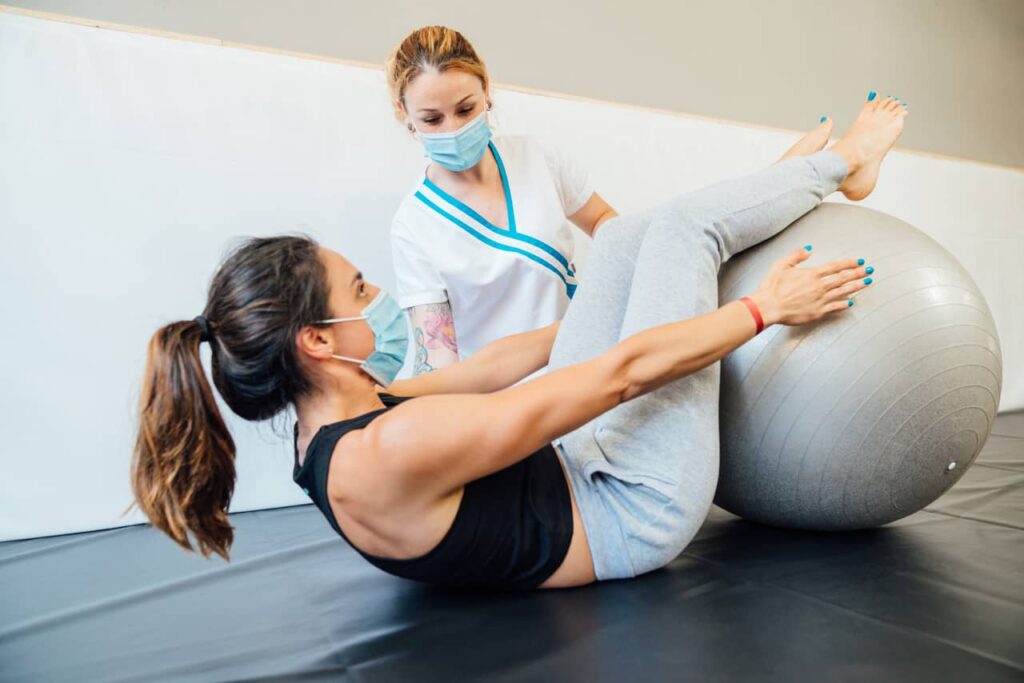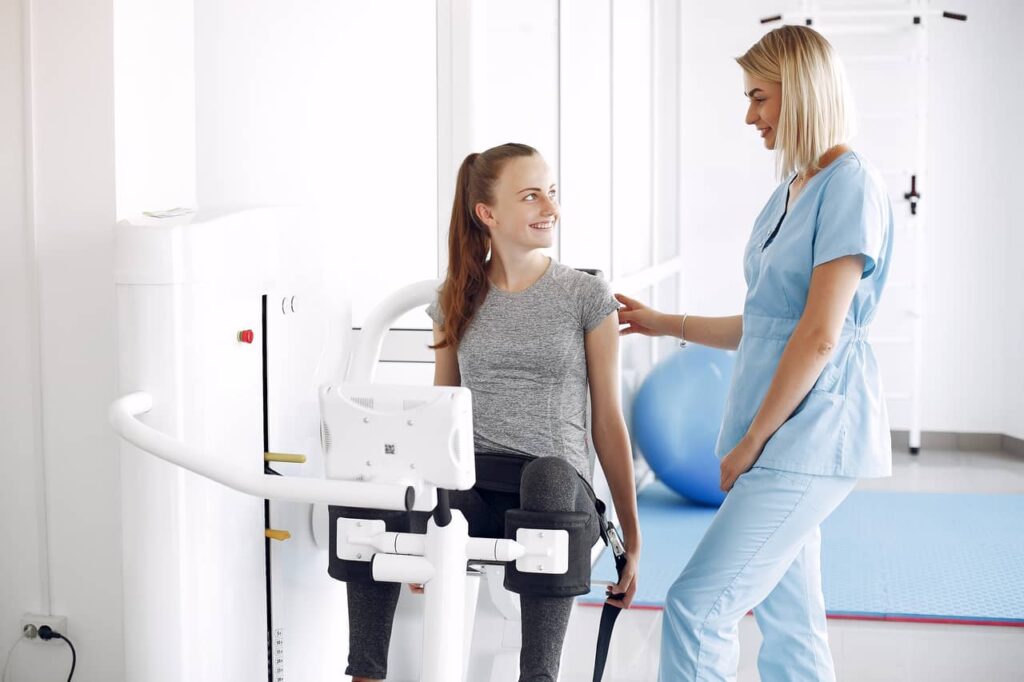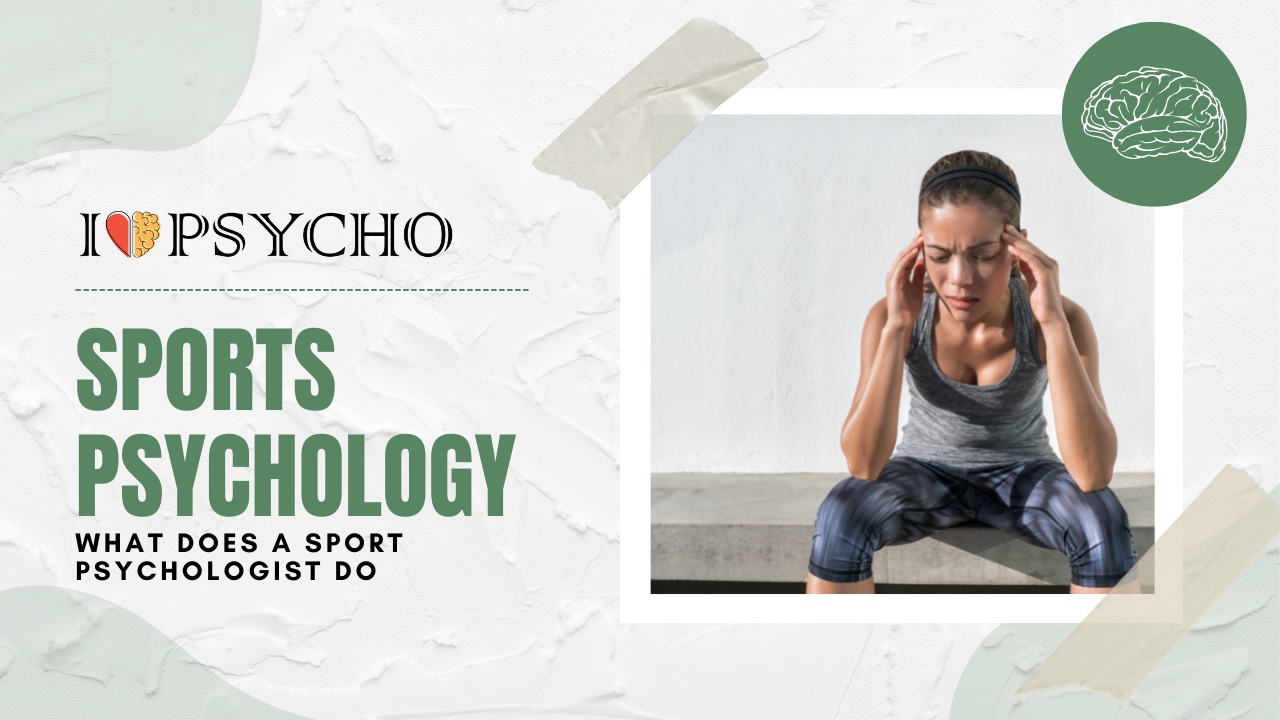The study of how psychological factors impact exercise, physical activity, sports, and athletic performance is known as sports psychology.
Sports psychologists look into how sports can boost one’s well-being and health.
They also assist athletes in utilizing psychology to enhance their athletic performance, mental health and systemic issues associated with sports settings and organizations, as well as developmental and social aspects of sports participation.
They don’t just work with professional and elite athletes, though.
Not only that, but they also assist regular people in learning to enjoy sports and adhere to an exercise regimen.
Furthermore, they use sports and exercise to improve people’s lives and well-being.
Sports Psychology entails researching how psychological factors influence performance, as well as how sport and exercise affect psychological and physical factors.
Athletes are taught cognitive and behavioral strategies by sport psychologists to improve their overall experience and performance in sports.
Applied sport psychology may include work with athletes, coaches, and parents on injury, rehabilitation, communication, team building, and career transitions, in addition to teaching and training psychological skills for performance improvement.
Athletes and other sports participants (e.g., coaches, administrators, parents) from a variety of settings, levels of competition, and ages, ranging from recreational youth participants to professional and Olympic athletes to master’s level performers, can benefit from sport psychology interventions.
Sport psychology is defined by the American Psychological Association (APA) as a skill obtained after obtaining a doctorate in one of the primary areas of psychology and licensure as a psychologist. Those who have a doctorate in sport psychology but are not licensed psychologists are not included in this category.
Role of Sport Psychology

- Sport Psychology has the responsibility of for well-being, attainment and maintenance of health and the improvement of performance.
- Can teach skills to enhance learning processes & motor skills cope with competitive pressure, generate awareness for optimal performance, stay focused amid distractions.
Preparing for competition

- Relaxation skills
- Mastering attentional styles
- Appropriate self-talk
- Dealing with injuries (isolation, frustration, mood disturbances) and Psychosomatic disorders.
Role of a Sports Psychologists
Compound, adaptable and responsive to coaches’ and athletes’ requirements and demands.
Takes on the role of accommodator, educator, mediator, consultant or the friend (as and when required).

Multidimensional and modulated to specific needs.
The Australian Swimming legend, Elka Graham, once said, “In training everyone focuses 90 percent on physical and 10 percent mental, but in the races its 90 mental because there’s very little that separates us physically at the elite level”.
Sports Psychologists Help

- Manage stress
- Recoup after injury
- Maintain workout regimes
- Enhance performance
- Improve focus and concentration
- Bounce back from set-backs
- Work better with the team and coach
- Handle paradox of success – As one becomes more successful, face more pressures and distractions. Helps in addressing these issues and sustaining best performances.
Techniques and Procedures Employed

- A variety of strategies and procedures are employed to address the issues that athletes and other sports participants face. The below mentioned points include some of the most important areas:
- Performance improvement through cognitive and behavioral skills training. Goal-setting, imagery, and performance planning; concentration and attention control strategies; sports development of self-confidence, self-esteem, and competence; cognitive-behavioral self-regulation techniques; emotion management, sportsmanship, and leadership skills
- Interventions in the form of counseling and clinical work. Over-training and burnout; sexual identity issues; aggression and violence; athletic injury and rehabilitation; career transitions and identity crises; athletic motivation; eating disorders and weight management; substance abuse; grief, depression, loss, and suicide; over-training and burnout; eating disorders and weight management; substance abuse; grief, depression, loss, and suicide; over-training and burnout; over-training and burnout; over-training and burnout; aggression and violence; athletic injury and rehabilitation.
- Training and consultation Team building; consultation with sports organizations; system interventions with parents and families involved in youth sports participation; coach education on motivation, interpersonal and leadership skills, and talent development; coach and administrator education on early detection and prevention of psychological difficulties.
Further Reading:









